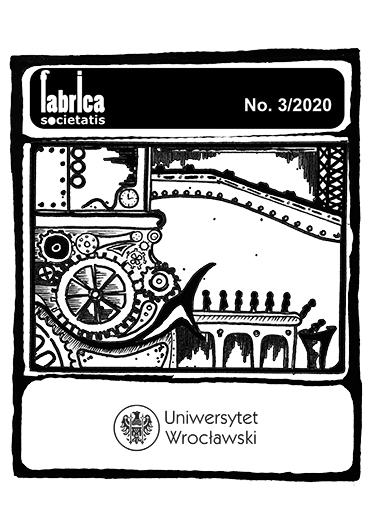‘Pary mieszane’ we Francji. Od integracji imigrantów poprzez małżeństwo po badania nad różnorodnością małżeńską
‘Mixed Marriages’ in France: From the Assimilation of Immigrants Through Marriages Towards Research on Conjugal Diversification
Author(s): Beate ColletSubject(s): Social Sciences, Sociology, Family and social welfare, Migration Studies
Published by: Wydawnictwo Uniwersytetu Wrocławskiego
Keywords: mixed marriages; intersectionality; gender; normative transgression; social disapproval
Summary/Abstract: Transnational or mixed couples attract a lot of attention both from the general public and within research in the humanities and social sciences. Nonetheless, studies into mixed couples are not homogenic, and approaches and terminologies differ from one another. This subject is sometimes undertaken by the sociology of migration, while at other times it is looked into by the sociology of family or the sociology of religion. There is also a sharp division between quantitative research and qualitative research. This article elaborates on the emergence of this line of enquiry in France before the concept of ‘conjugal diversification’ was proposed. The latter aims at defining the specificity of mixed marriages in three dimensions: transgressing the operative conjugal norms, ethnocultural inequality between the spouses, and intercultural arrangements whose purpose is to actualise their conjugal life. Researching this phenomenon is not easy, as both the categories of analysis and the representation of couples are varied. However, it is confirmed that the number of mixed marriages registered in the French records of the civil status – controlled and scrupulously collected by the state – is increasing (27% of marriages in 2015). The qualitative analysis of this phenomenon inclines one to acknowledge that gender and the ethnocultural and social dimensions result in crisscross conjugal systems which deserve intersectional research into their specificity. Mixed couples constitute a worldwide phenomenon today. In France, as is the case in other countries, they reveal the pressure of the community logic in the face of more individualised life choices.
Journal: Fabrica Societatis
- Issue Year: 2020
- Issue No: 3
- Page Range: 151-168
- Page Count: 18
- Language: Polish

